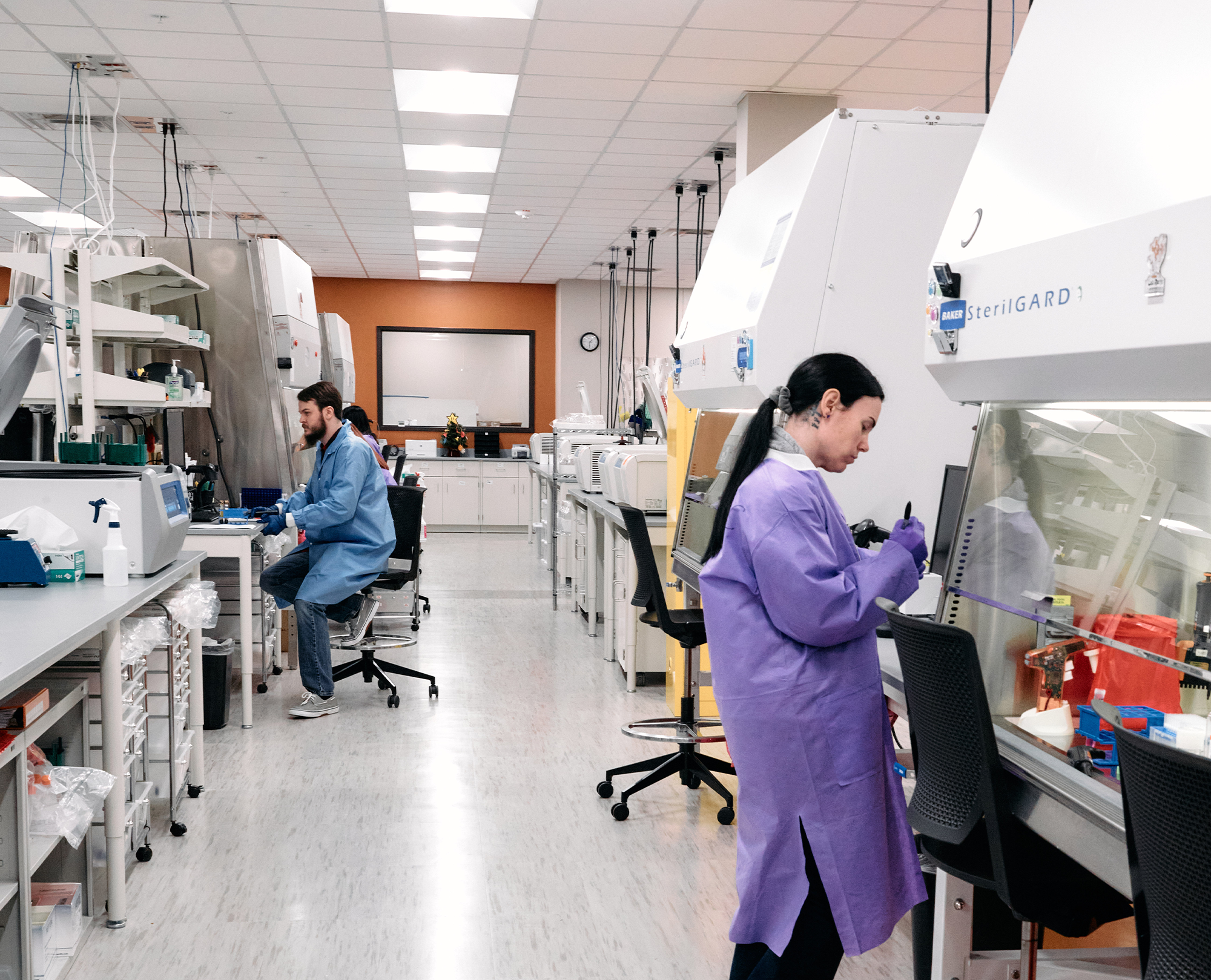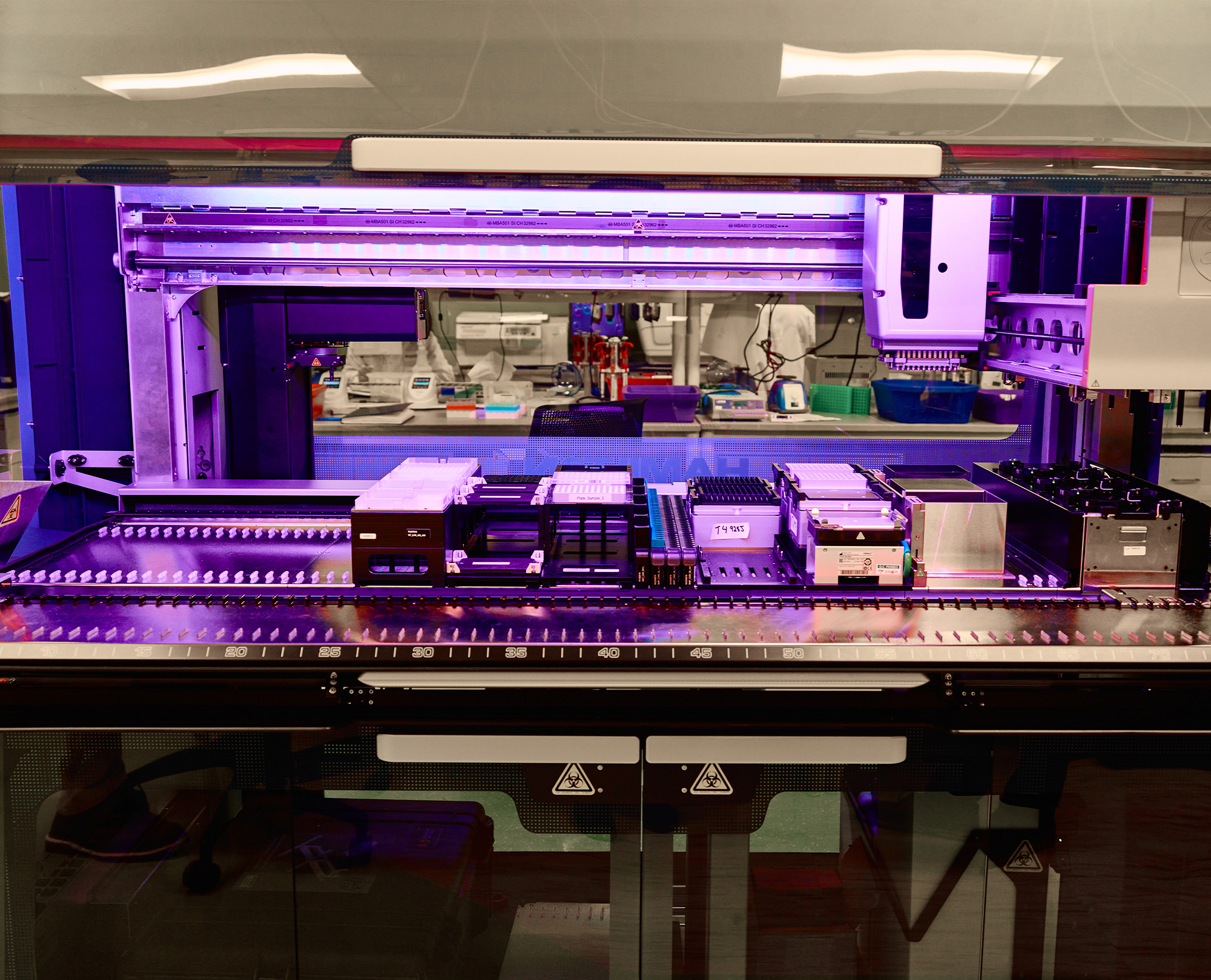Custom Biospecimen Processing & Characterization Services
Elevate the utility of biospecimens for targeted applications by optimizing sample preparation and processing across a spectrum of specimen types. Further enhance research outcomes with customized biospecimen characterization data, enabling the development of purpose-built cohorts tailored precisely to your study requirements.


Custom Biospecimen Processing
Get biospecimens in the format you need.
Discovery’s integrated biospecimen processing and cell biology laboratories operate seamlessly under one roof, enabling optimized specimen processing and custom sample preparation for a wide range of biospecimen types, including whole blood (PBMCs), bone marrow (BMMCs), and fresh tissues (DTCs).
- Isolating viable cells and subtypes for physiologically relevant primary cell cultures
- Developing and optimizing assays with well-characterized cell populations
- Conducting drug efficacy testing to drive smarter development decisions
- Performing safety assessments using cells ideal for toxicity assays
Our proprietary workflows maximize biospecimen utility, driving impactful research and accelerating translational discoveries.
Custom Biospecimen Characterization
Unlock the full potential of your biospecimens.
Our state-of-the-art cell biology laboratory supports custom biospecimen characterization, enabling drug efficacy testing for data-driven development decisions, safety assessments with cells optimized for toxicity assays, and the advancement of new therapeutics through with comprehensive insights.
- Sanger sequencing
- MSI analysis
- qPCR
- HPV testing
- Infectious diseases testing
- Flow cytometry
- Single cell analysis
- Spatial analysis
Integrated with genomics, proteomics, molecular pathology, and cell biology labs, our biospecimen processing lab enhances characterization, enabling orthogonal biomarker testing that accelerates turnaround and deepens analytical insights.

Frequently Asked Questions
Yes. Please refer to our DTCs User Guide for the list of cleaved markers. We have alternate processing protocols.